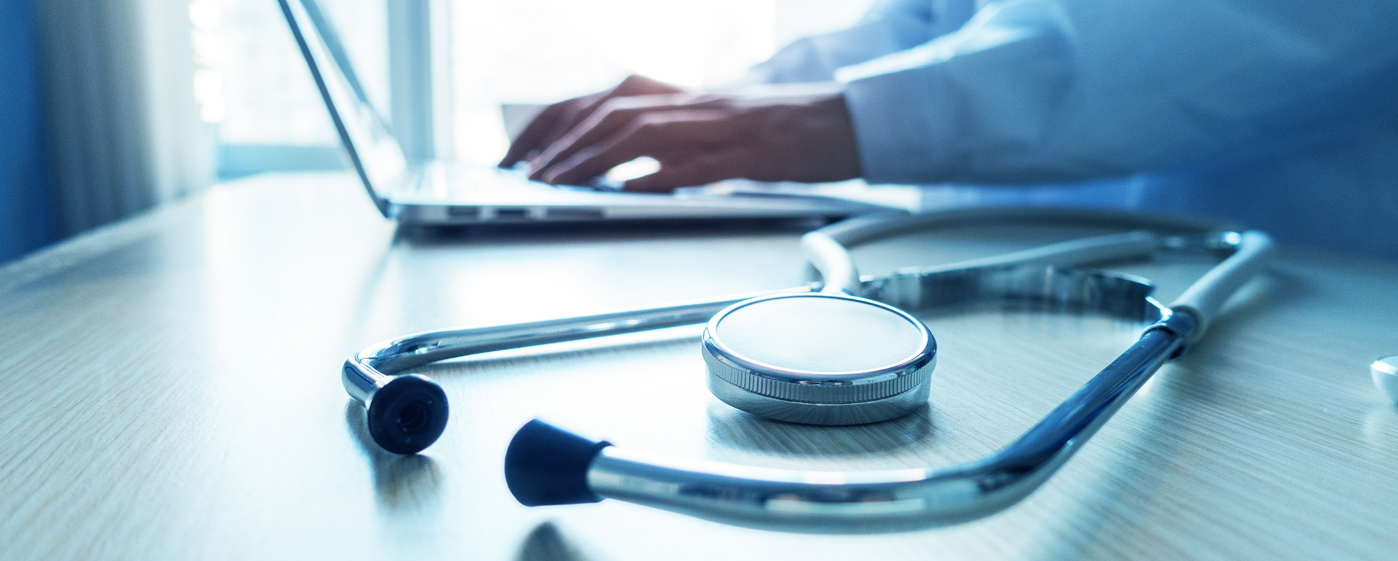

YESspesso or CappucciNO: IS COFFEE REALLY GOOD FOR YOU? Put the kettle on – drinking three cups of coffee a day could help you live longer, according to a study from Harvard University. Enjoy the buzz? Coffee is frequently seen as a quick fix to help you wake up in the morning or for that lull in energy later in the day. You feel faster, sharper and more focused. This is because caffeine binds to the adenosine receptors – these build up in our bodies while we’re awake and high levels make us feel sleepy – which stops the sleepiness signals reaching the brain. This can happen within five minutes of drinking that cup of hot java. How to get all the benefits Stick to caffetière or espresso machine coffee if you want to get the best benefits. The Harvard study highlights that coffee contains cafestol; a stimulator of cholesterol levels. Most of this is removed when coffee is made using filter papers.
Heart disease There have been headlines over the last few years declaring that coffee “prevents heart attacks”, which simply isn’t true. The study suggests that moderate coffee consumption can reduce the risk of dying prematurely from heart disease, but consumption is also linked to raised blood pressure and cholesterol. It’s certainly clear that more research is needed in this area. A good night’s sleep Let’s not forget that a late-night cup of coffee containing all that energy-inducing caffeine – a stimulant most would use to get out of bed in the morning – can result in very disrupted sleep patterns. Experts advise that you don’t have a coffee for at least six hours before going to bed.
Friday Aug 11, 2017
|